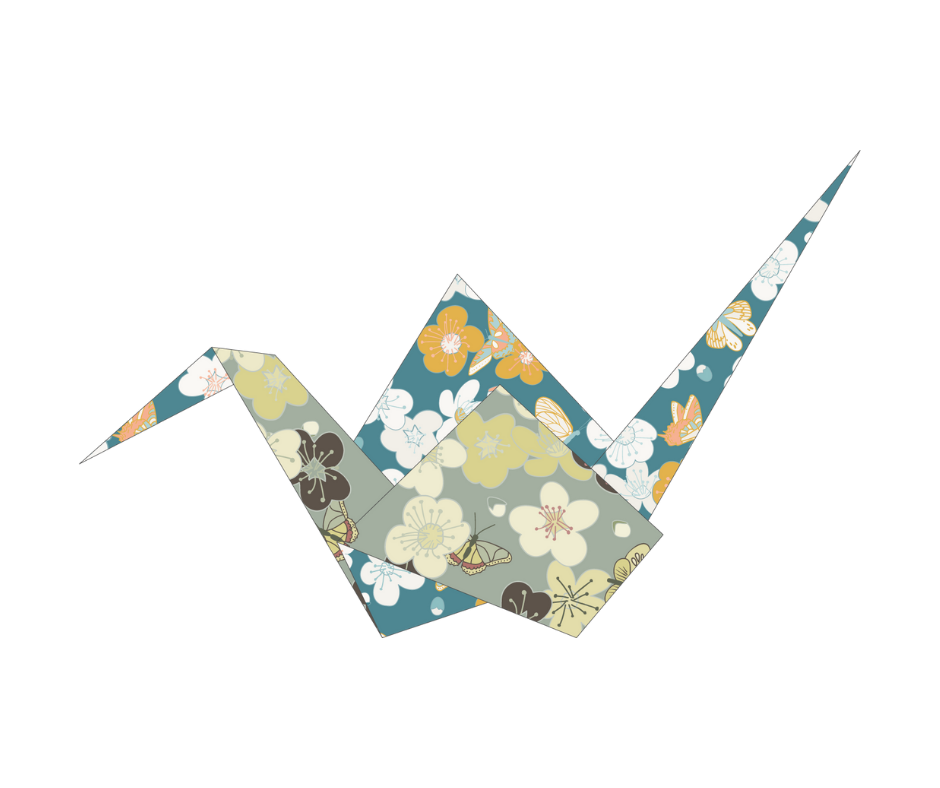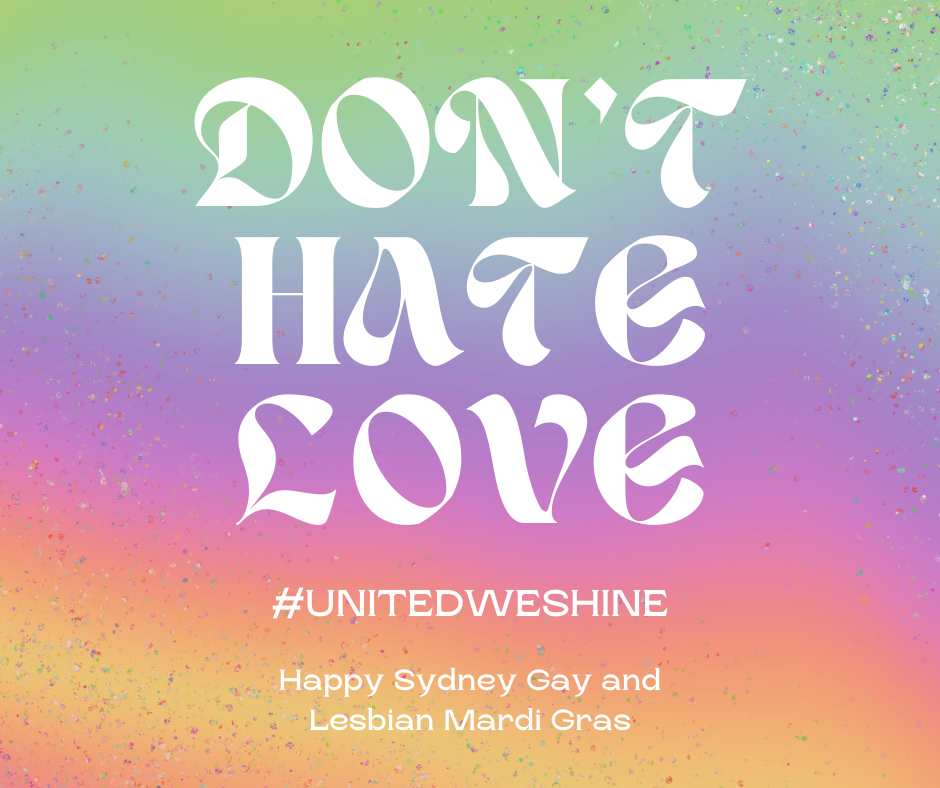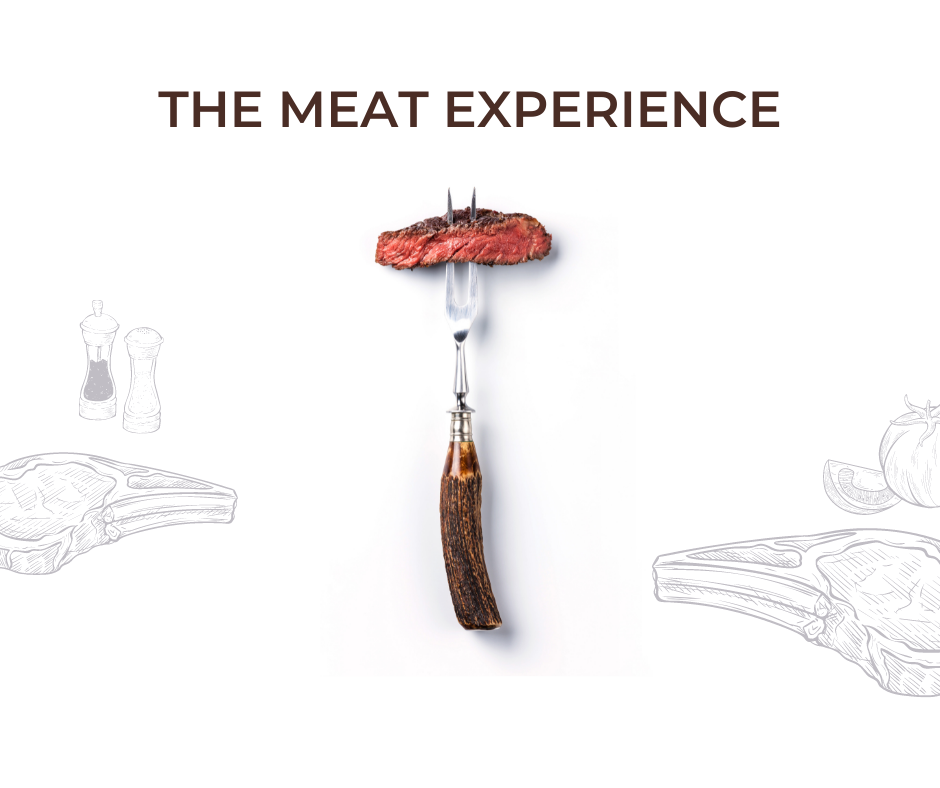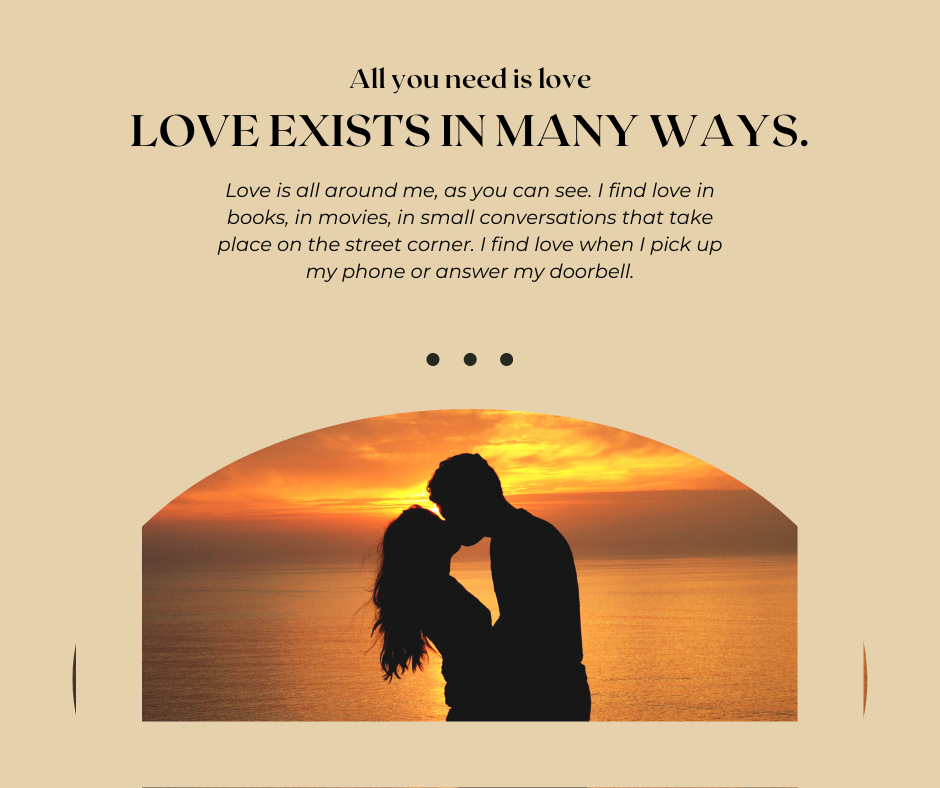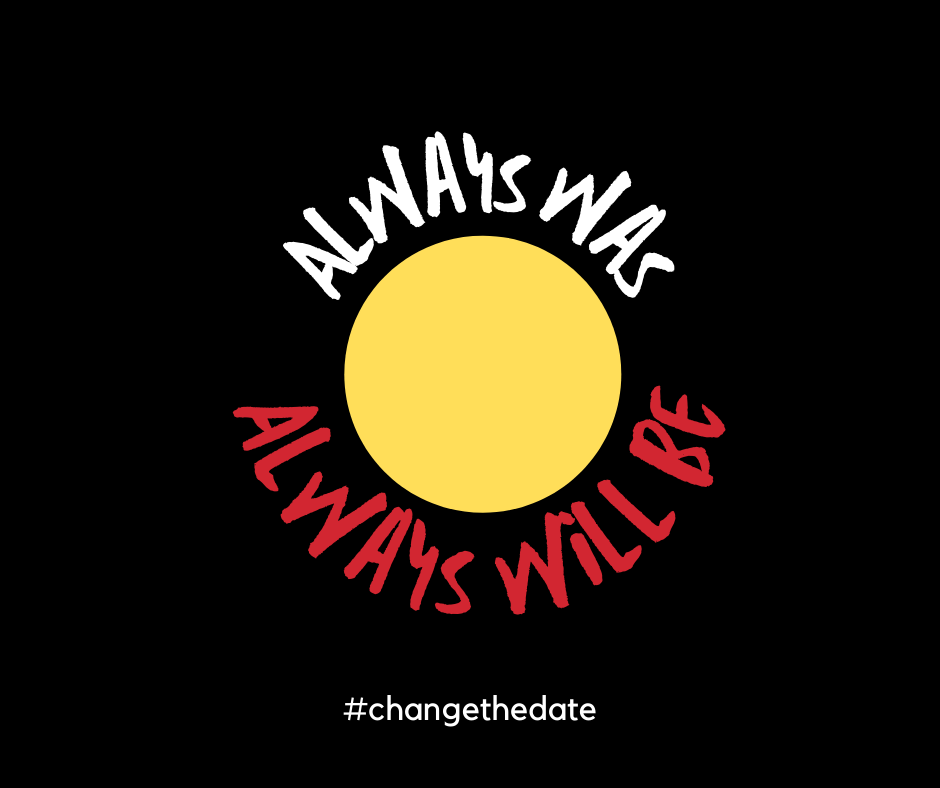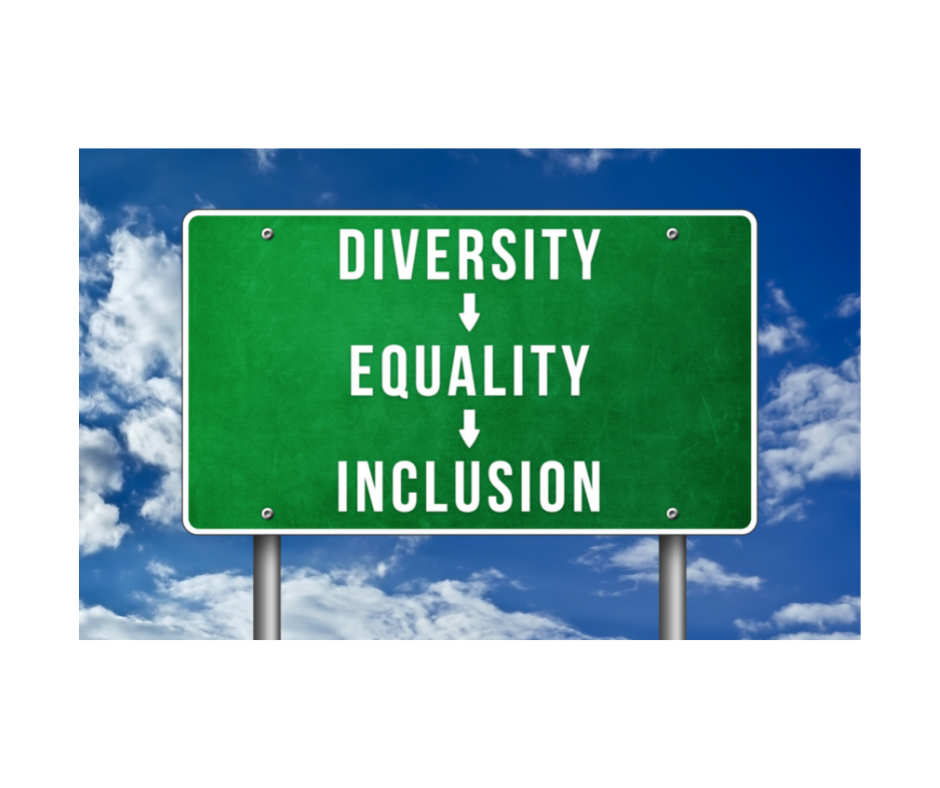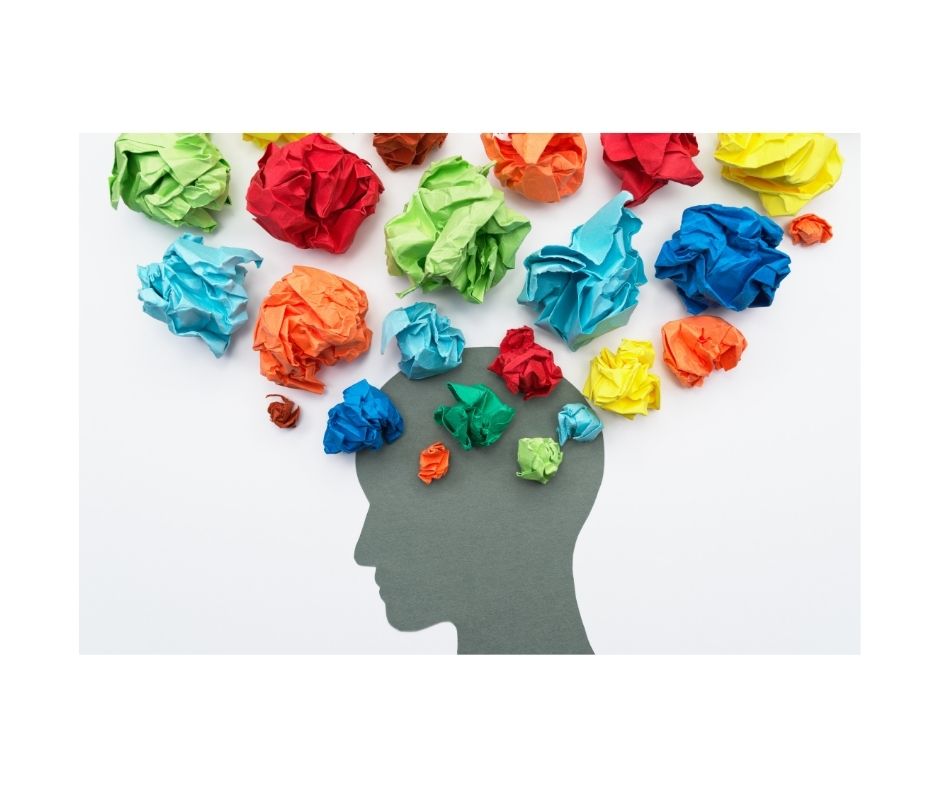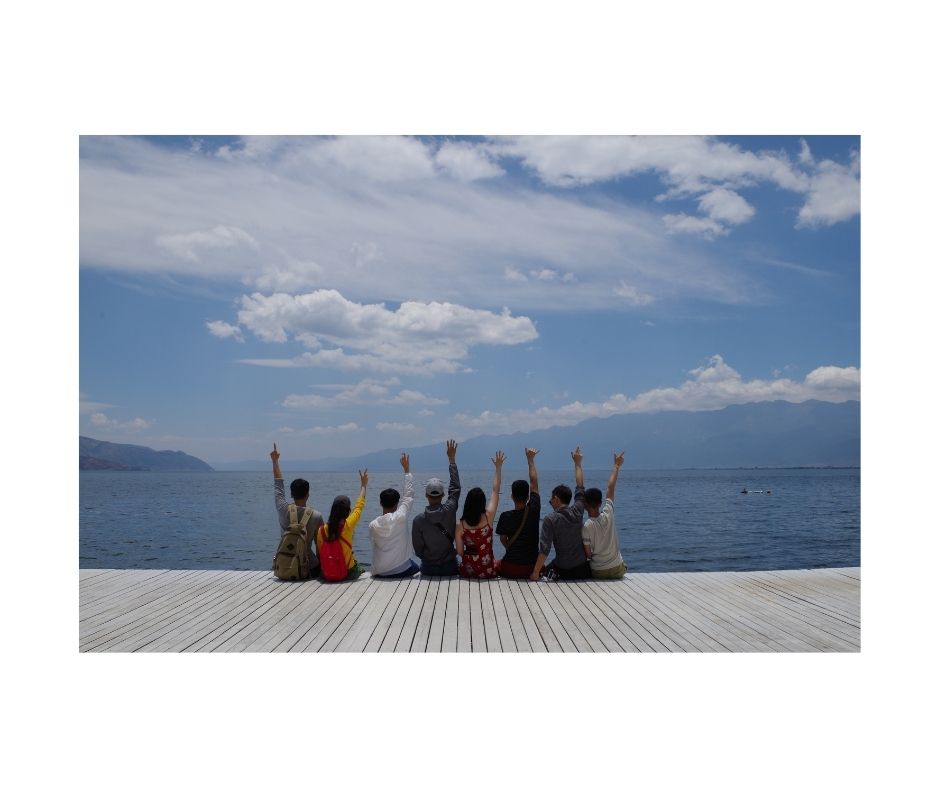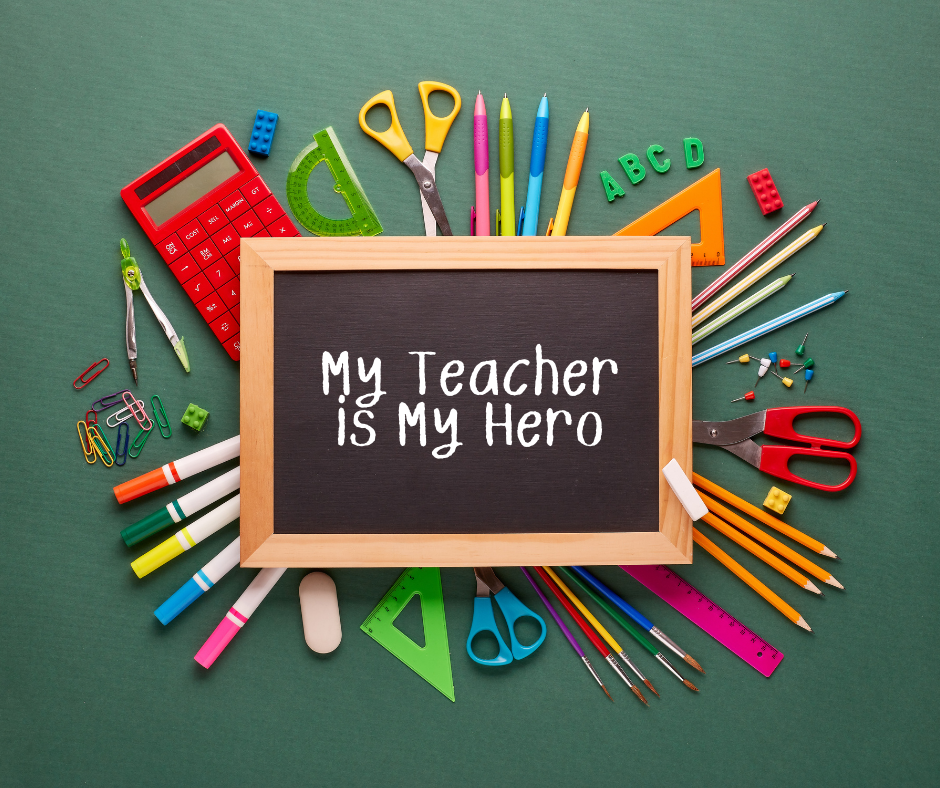
Preach Teacher
There’s often a lack of appreciation when it comes to teachers and what they bring to people’s lives. There are many instances where teachers are abused, harassed or ignored by students, which I remember seeing all throughout school. Sometimes I would look at a teacher and see how drained and fed up they were. In hindsight I don’t know how many of the teachers from high school put up with some of the things which they did. It now makes sense as to why many were withdrawn and not as invested in the learning, teaching and guiding of their students. This is a shame as the role of a teacher is so important in people’s lives. It’s special when teachers come into students’ lives every now and then and really leave that lasting positive imprint. The value and impact of a passionate teacher can be lifechanging. I’ve been thinking back to the teachers which I’ve had over the years and a few come to mind, who genuinely supported me and who tried to help me when I couldn’t comprehend concepts as easily as other students. I wasn’t someone who was naturally academic and excelled in school. Especially in high school I hit a lot of roadblocks. I did try to seek out help from my teachers when it came to my senior years, but I often felt dismissed so I left it. I did develop a pretty poor attitude and didn’t invest as much in school as I should of. I gave up a bit and accepted it as just how it is. I understand that it must be tough to be a teacher and sometimes if a student comes to the teacher and they don’t know how to support them, then it can result in a bit of a stalemate with the student’s learning. I’ve found learning languages to be pretty challenging, more than most people. This year I started to learn Swedish which has been exciting and challenging. I have a teacher who has been incredibly supportive and who has never condemned me for not being able to understand things at the same pace as everyone else. My teacher has taken the time to repeat and explains things in other ways. This may sound basic but in many instances I have been told that I will understand and that will all be ok, which is lovely but not helpful. I am someone who does require more time and space to be able to ask questions and learn in a different way, for some subjects and areas of study. When I fell behind in French in high school I remember hardly completing one of my exams because I didn’t know anything. I tried learning independently but this was something which I really needed support with. The feeling of incompetence and not being able to move forward past a certain point with French was really crushing. I was hesitant when I started learning Swedish and when I experienced challenges my teacher provided such support and encouragement for how I was learning and for how I will improve. From this experience I’ve felt lots of hope and motivation to apply myself more and in different ways. The difference which having a passionate and willing teacher has made on my life to be able to pursue and learn new things for self-development has been profound. I don’t know where I’d be if I didn’t have the teacher I do.

